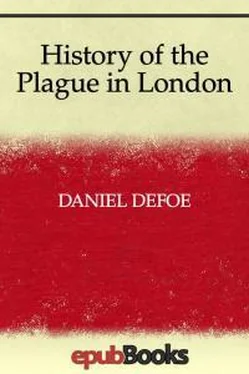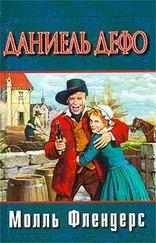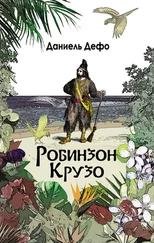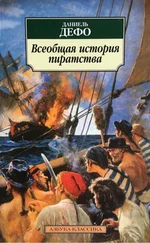Affected with scurvy.
"Which," as applied to persons, is a good Old English idiom, and was in common use as late as 1711 (see Spectator No. 78; and Matt. vi. 9, version of 1611).
Flung to.
Changed their garments.
Supply "I heard."
At.
Various periods are assigned for the duration of the dog days: perhaps July 3 to Aug. 11 is that most commonly accepted. The dog days were so called because they coincided with the heliacal rising of Sirius or Canicula (the little dog).
An inn with this title (and probably a picture of the brothers) painted on its signboard.
Whom.
The Act of Uniformity was passed in 1661. It required all municipal officers and all ministers to take the communion according to the ritual of the Church of England, and to sign a document declaring that arms must never be borne against the King. For refusing obedience to this tyrannical measure, some two thousand Presbyterian ministers were deprived of their livings.
Madness, as in Hamlet, act iii. sc. 1.
"Represented themselves," etc., i.e., presented themselves to my sight.
"Dead part of the night," i.e., from midnight to dawn. Compare,"In the dead waste and middle of the night."Hamlet, act i. sc 2.
"Have been critical," etc., i.e., have claimed to have knowledge enough to say.
Being introduced.
The plague.
"First began" is a solecism common in the newspaper writing of to–day.
Literally, laws of the by (town). In modern usage, "by–law" is used to designate a rule less general and less easily amended than a constitutional provision.
"Sheriff" is equivalent to shire–reeve (magistrate of the county or shire). London had, and still has, two sheriffs.
Acted.
The inspection, according to ordinance, of weights, measures, and prices.
"Pretty many," i.e., a fair number of.
The officers.
Were.
"Falls to the serious part," i.e., begins to discourse on serious matters.
See note, p. 28. The Mohammedans are fatalists. {Transcriber's note: The reference is to footnote 28.}
A growth of osseous tissue uniting the extremities of fractured bones.
Disclosed.
The officers.
Leading principle.
Defoe means, "can burn only a few houses." In the next line he again misplaces "only."
Put to confusion.
Left out of consideration.
The distemper.
A means for discovering whether the person were infected or not.
Defoe's ignorance of microscopes was not shared by Robert Hooke, whose Micrographia (published in 1664) records numerous discoveries made with that instrument.
Roup is a kind of chicken's catarrh.
Them, i.e., such experiments.
From the Latin quadraginta ("forty").
From the Latin sexaginta ("sixty").
Kinds, species.
Old age.
Abscesses.
Himself.
The essential oils of lavender, cloves, and camphor, added to acetic acid.
In chemistry, balsams are vegetable juices consisting of resins mixed with gums or volatile oils.
Supply "they declined coming to public worship."
This condition of affairs.
Collar.
Economy.
Supply "they were."
Action (obsolete in this sense). See this word as used in 2 Henry IV., act iv. sc. 4.
Which.
Sailors' slang for "Archipelagoes."
An important city in Asia Minor.
A city in northern Syria, better known as Iskanderoon or Alexandretta. The town was named in honor of Alexander the Great, the Turkish form of Alexander being Iskander.
Though called a kingdom, Algarve was nothing but a province of Portugal. It is known now as Faro.
The natives of Flanders, a mediæval countship now divided among Holland, Belgium, and France.
Colonies. In the reign of Charles II., the English colonies were governed by a committee (of the Privy Council) known as the "Council of Plantations."
The east side.
On the west side.
See map of England for all these places. Feversham is in Kent, forty–five miles southeast of London; Margate is on the Isle of Thanet, eighty miles southeast.
Commission merchants.
Privateers. Capers is a Dutch word.
Supply "he."
Supply "the coals."
"One another," by a confusion of constructions, has been used here for "them."
By a statute of Charles II. a chaldron was fixed at 36 coal bushels. In the United States, it is generally 26¼ hundredweight.
Opening.
"To seek," i.e., without judgment or knowledge.
Mixing.
Him.
This unwary conduct.
Think.
Were.
Accept.
Personal chattels that had occasioned the death of a human being, and were therefore given to God ( Deo , "to God"; dandum , "a thing given"); i.e., forfeited to the King, and by him distributed in alms. This curious law of deodands was not abolished in England until 1846.
The southern coast of the Mediterranean, from Egypt to the Atlantic.
Censure.
Afterward.
"Physic garden," i.e., a garden for growing medicinal herbs.
Since.
Читать дальше












